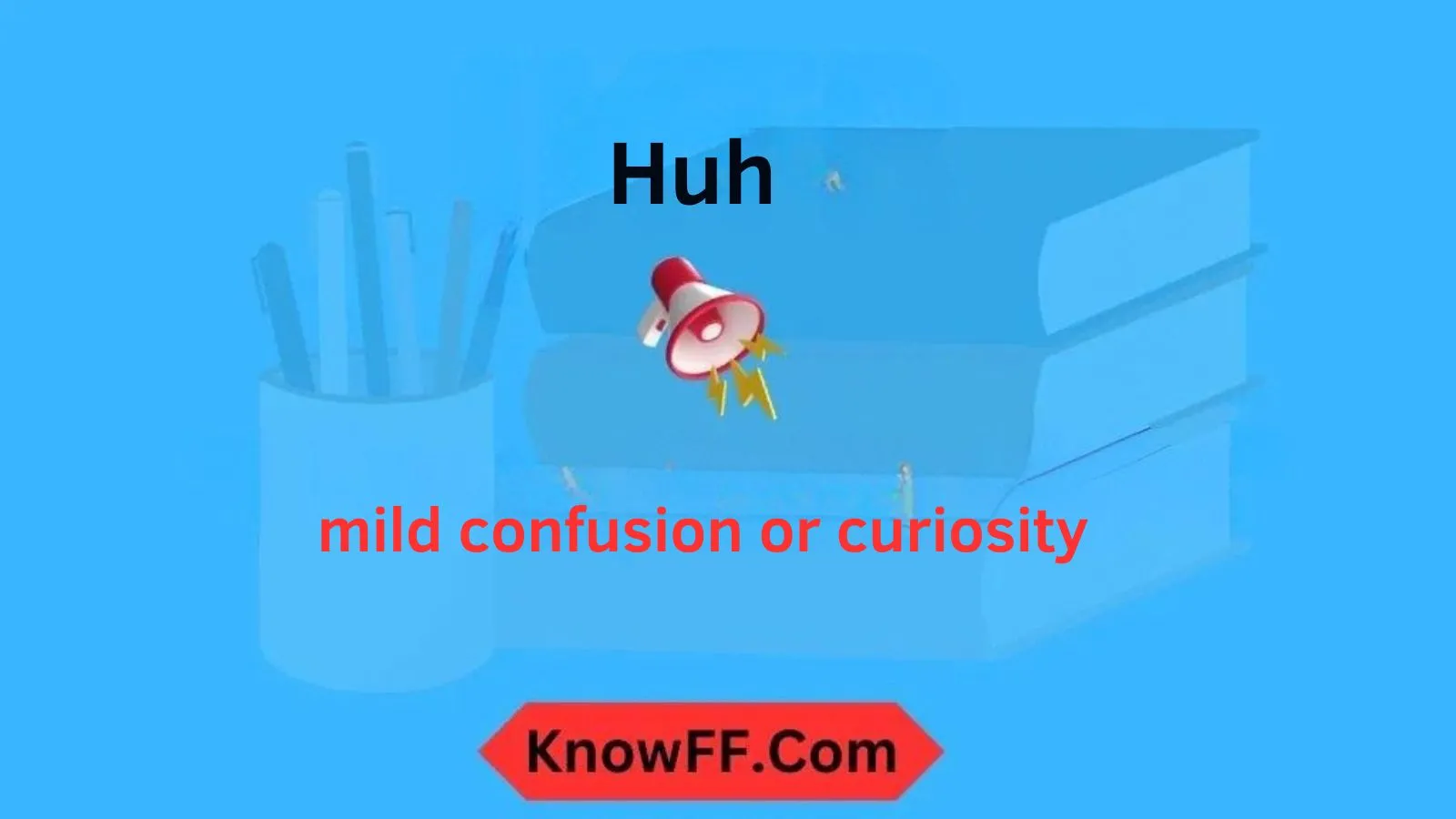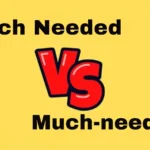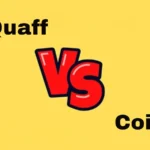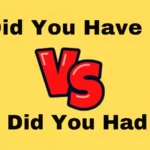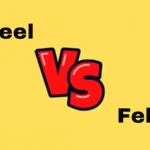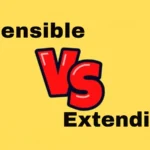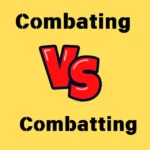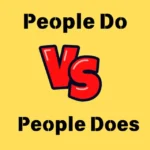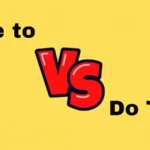In the age of digital communication, shorthand expressions and abbreviations dominate conversations.
One such commonly encountered term is “huh”. Often appearing in texts, chats, and social media, people search for huh meaning in text to clarify its intent and proper usage.
While it may seem trivial at first glance, understanding this term can prevent miscommunication and make digital interactions smoother.
Whether you’re chatting with friends on WhatsApp, engaging in professional emails, or navigating online dating apps, knowing what “huh” signifies can save you from confusion.
This article explores its meaning, origins, various contexts, misconceptions, and how to respond appropriately.
Meaning & Definition
The term “huh” is a short, informal expression used to indicate confusion, surprise, or a request for repetition. In texting, it often replaces phrases like “what?” or “can you repeat that?” Its meaning can vary depending on tone, context, and relationship between the people communicating.
For instance, in casual conversations among friends, “huh” might simply show mild confusion or curiosity, while in professional communication, it might appear dismissive if misused. Overall, it acts as a conversational bridge, prompting clarification without lengthy explanations.
Background
The origin of “huh” is linguistic rather than technical. It appears in many languages as a natural filler or expression of confusion. Linguists have noted that humans instinctively use short, simple sounds to indicate they need clarification, and “huh” fulfills that role in English.
With the rise of digital communication, its usage has become widespread in texting and online platforms. Interestingly, its brevity makes it highly adaptable, which is why it appears across age groups and digital communities.
Usage in Different Contexts
Chat, Social Media, Professional Fields:
In casual chats, “huh” is versatile—used to indicate surprise, doubt, or curiosity. On social media platforms like Instagram or TikTok, it can convey humor or sarcasm.
However, in professional communication, such as emails or messaging platforms like Slack, using “huh” can appear informal or even rude unless used carefully. Tone and context are key; pairing it with polite clarifiers often mitigates misunderstandings.
Meaning in Chat, WhatsApp, Instagram, TikTok
On instant messaging apps like WhatsApp or Messenger, “huh” is commonly typed when someone doesn’t understand a message or seeks a quick reaction. On platforms like Instagram and TikTok, it may appear in comments or captions to express surprise, irony, or humor.
Its brevity and casual nature make it suitable for fast-paced digital conversations where lengthy clarifications are inconvenient. Emojis often accompany “huh” to soften the tone, such as 🤔 or 😅, making it friendlier and less abrupt.
Meaning in Physics, Medical, and Aircraft Terminology
Although rare, “HUH” can function as an acronym in specialized fields:
- Physics: HUH does not have a universal physics meaning but may appear as a shorthand in lab notes for unidentified variables.
- Medical: In certain medical contexts, HUH may refer to specific hospital units or codes, though it’s uncommon.
- Aircraft Terminology: Occasionally, HUH is used informally in pilot communications as a verbal filler similar to its everyday usage. Always check context in professional or technical settings.
Common Misconceptions
A frequent misconception is that “huh” is rude or dismissive. While tone matters, in most casual digital conversations, it’s simply a neutral expression of confusion or a prompt for clarification.
Another misconception is that it has a fixed meaning, whereas its interpretation often depends on context, emojis, and the relationship between the communicators.
Similar Terms & Alternatives
Several words or phrases are used in place of “huh”:
- “What?”
- “Sorry?”
- “Excuse me?”
- “Come again?”
- “I don’t understand”
These alternatives are typically more polite in professional settings but longer than the concise “huh” commonly used in casual chats.
How to Respond to It
When someone texts “huh”, appropriate responses include:
- Repeating or rephrasing the original message.
- Providing additional context or explanation.
- Using humor to keep the conversation light.
It’s essential to maintain tone; misinterpreting “huh” as rudeness can escalate misunderstandings unnecessarily.
Differences from Similar Words
Unlike “what?” or “sorry?”, “huh” is extremely informal and flexible. It often carries a lighter or more humorous tone, whereas “what?” can seem sharper or more direct. The distinction lies in brevity, tone, and context rather than literal meaning.
Relevance in Online Conversations & Dating Apps
In online dating or casual texting, “huh” often serves as an icebreaker or conversation prompt. It can indicate playful confusion, engagement, or curiosity.
Its short and non-threatening nature makes it suitable for initiating further conversation without appearing overly formal or intense. Misreading its tone, however, can cause minor misunderstandings, so context and emojis often guide interpretation.
FAQs
What does “huh” mean in text?
It usually indicates confusion, surprise, or a request to repeat something.
Is “huh” rude?
Not necessarily; tone and context determine if it seems rude or casual.
Can “huh” be used professionally?
It’s generally informal and may appear unprofessional unless used carefully with context.
Are there alternatives to “huh”?
Yes, phrases like “what?”, “sorry?”, or “can you repeat?” are common alternatives.
How do you respond to “huh” in chat?
Rephrase your message, provide clarity, or add context for better understanding.
Does “huh” have technical meanings?
Rarely, it can appear as an acronym in specialized fields, but context is key.
Conclusion
Understanding “huh meaning in text” is vital in today’s fast-paced digital communication.
While it seems simple, its correct interpretation prevents confusion and enhances conversational flow.
From casual chats on WhatsApp to playful interactions on Instagram or TikTok, “huh” serves as a versatile tool for expressing surprise, curiosity, or confusion.
By mastering its usage, users can navigate digital conversations with clarity and confidence, avoiding misinterpretation while maintaining engagement.
